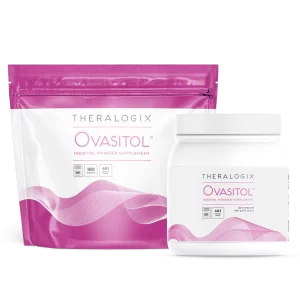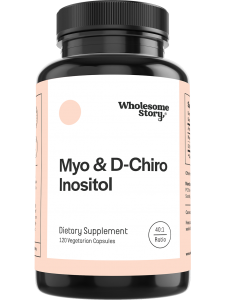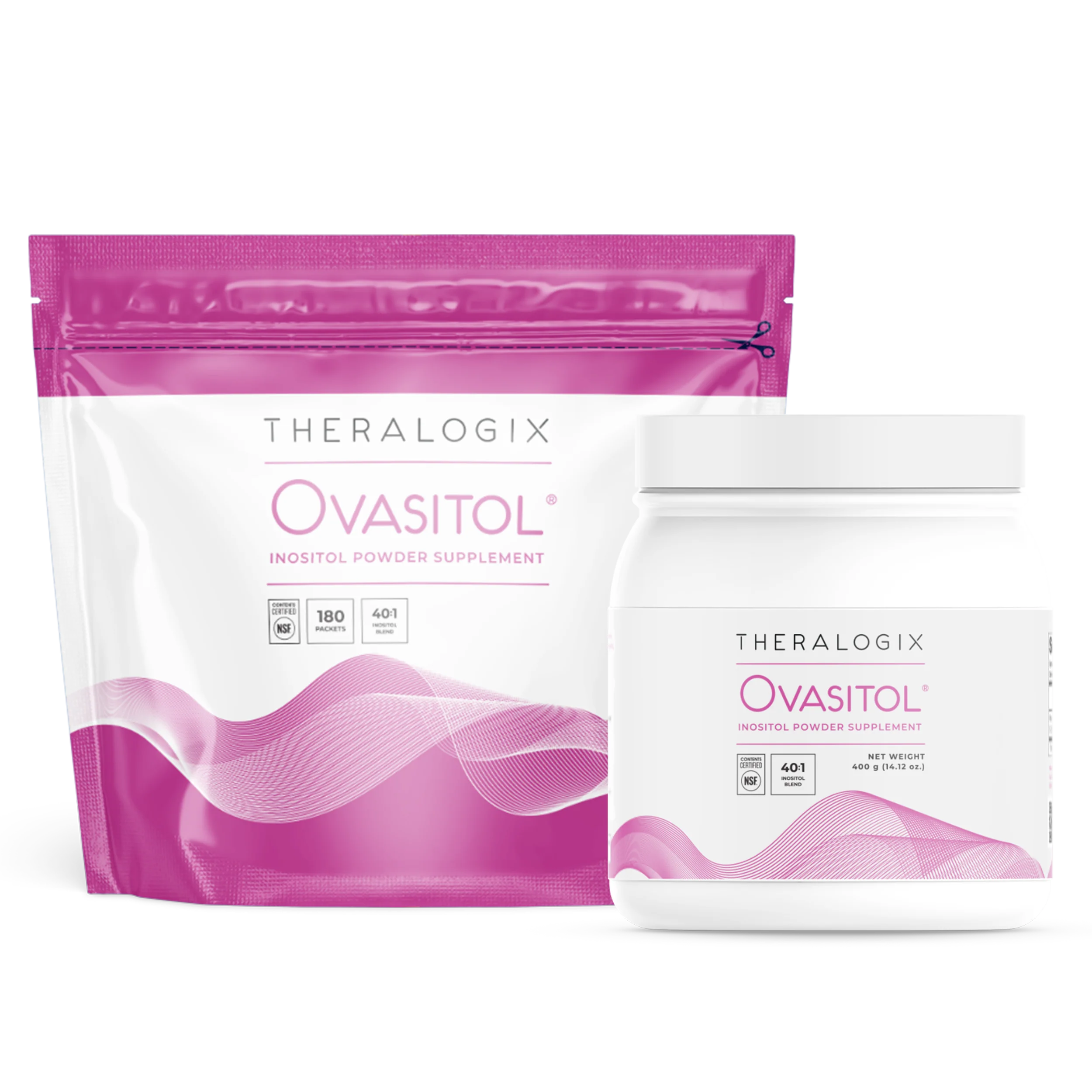
Inositol, a naturally occurring compound found in the body, has recently garnered attention for its potential role in the treatment of polycystic ovary syndrome (PCOS). This article provides an overview of inositol’s function in PCOS and discusses its potential therapeutic benefits.
PCOS is a common endocrine disorder characterized by chronic polycystic ovaries and symptoms such as irregular menstrual cycles, hyperandrogenism, and insulin resistance. Although the exact cause of PCOS is unknown, it is thought to be multifactorial, involving genetic, hormonal, and environmental factors.
Inositol, also known as hexose phosphate, is a six-carbon compound found in high concentrations in the brain and nervous system. It plays a crucial role in numerous cellular processes, including signal transduction, membrane transport, and lipid synthesis. Inositol has been shown to have various benefits in PCOS, including its ability to regulate glucose metabolism, decrease androgen production, and improve ovarian function.
Insulin resistance is a hallmark of PCOS and is linked to an increased risk of diabetes and cardiovascular disease. Inositol has been shown to enhance insulin sensitivity and improve glucose metabolism in PCOS patients. This effect may be due to inositol’s ability to regulate the activity of protein kinase C isoforms, which play a crucial role in the development of insulin resistance.
Hyperandrogenism is another characteristic feature of PCOS, with women often experiencing excessive hair growth, acne, and hirsutism. Inositol has been shown to decrease androgen production by affecting the activity of enzymes involved in steroidogenesis. This may lead to improved symptoms of hirsutism and other related conditions.
Ovarian dysfunction is another key aspect of PCOS, with women often experiencing irregular menstrual cycles and infertility issues. Inositol has been shown to regulate ovarian function by affecting the secretion of gonadotropins and other hormones involved in ovulation.
Overall, inositol has been shown to have a number of beneficial effects in PCOS patients, including improved glucose metabolism, decreased androgen production, and regulation of ovarian function. However, further research is needed to fully understand the role of inositol in PCOS and its potential as a therapeutic agent.
In conclusion, inositol holds promise as a potential treatment option for PCOS patients, offering an alternative or adjunctive therapy to traditional medical management.





